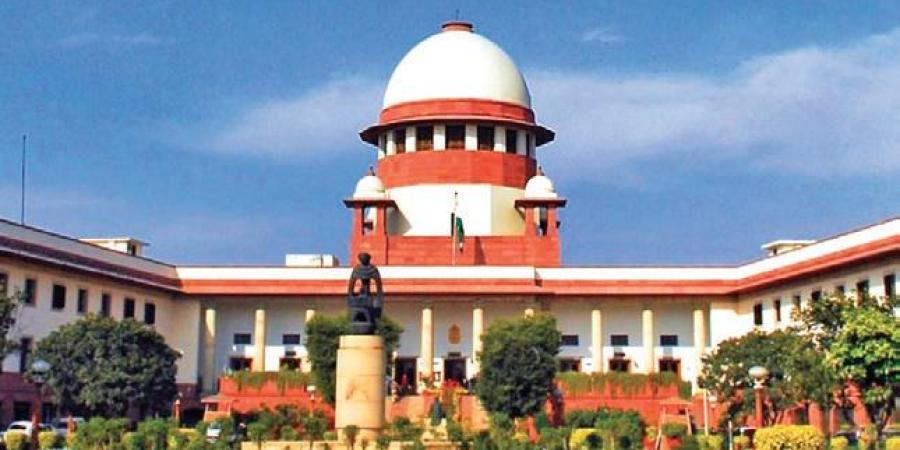Builders’ Contention-
Builders had challenged Sections 3 to 19 of the Act. Regarding regulating the transactions of ongoing projects and compelling promoters to get the project registered under RERA from the date of notification.
Petitioners submitted that, the promoter has been given a liberty to declare the tenure during which the project will be completed while getting the project registered .However the extension of registration granted under Section 5 by the authority is restricted to a period of one year which is unreasonable and an arbitrary provision. It has not been taken into consideration the circumstances which are beyond the control of the promoter while carrying out the developmental work. The Petitioner prayed that extension of registration under Section 6 shall not be restricted only to the force majeure circumstances provided under the proviso to Section 6 but all other factors also
A bench of Justices Naresh Patil and Rajesh Ketkar pronounced its judgment on a bunch of petitions filed by real estate developers and individual plot owners, all challenging the constitutional validity of the Act .It was held-
“RERA is not a law relating to only regulatory control the promoters (developers), but its objective is to develop the real estate sector, particularly the incomplete projects across the country. It is also crucial to protect the interest of flat buyers across the country,”
.Justice Patil opined
“The problems are enormous. It’s time to take a step forward to fulfil dreams of the Father of the Nation, Mahatma Gandhi, to wipe every tear from every eye”
The authorities must also closely monitor the implementation of the Act. The bench said while the bench concurred with the state and the Union government’s arguments.
“We are conscious of the fact that the actual implementation of RERA needs to be closely monitored in the years to come,” the bench opined.






